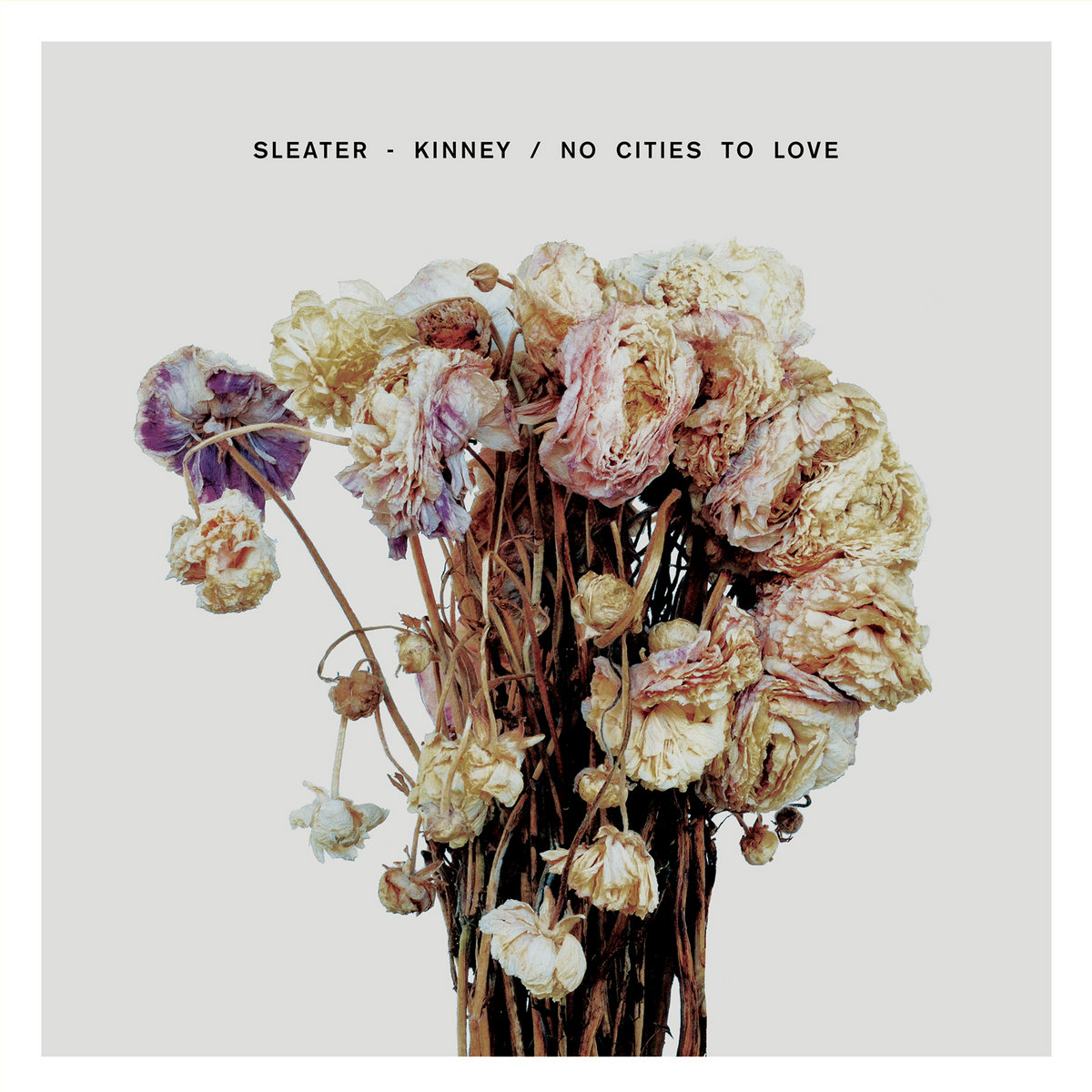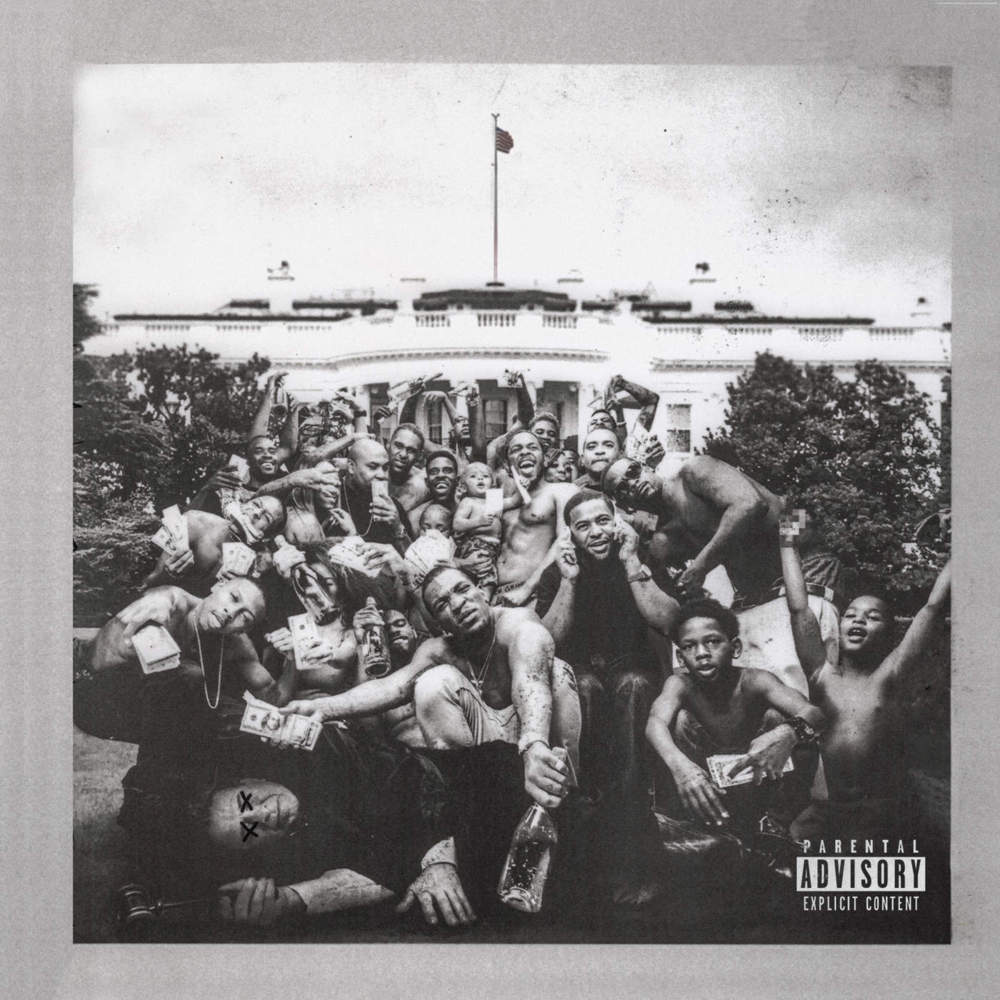Big Star – Radio City
1974
Ardent Records
(acquired at Silver Platter's in Northgate)
Best Song - "September Gurls"
In our collective brief window of existence, we all look for
some kind of meaning. Some find it in work, others in family. I teach writing
because I believe that some of us want to shout into the universe and have that
shout echo throughout time. Though that echo may be short lived, and though it
may diminish with distance, writing is a permanent expression of humanity, a
form of communication that can carry one’s thoughts, perceptions, realizations,
epiphanies, and opinions to those who may not otherwise get to speak to you in
person. Our writing outlives us. Our art speaks volumes. We hope that somewhere
down the line, someone will stumble across something we have made and make a
connection with it. And through that connection, that author or artist becomes
alive again. In a way, writing helps us live forever.
This may seem grandiose as an introduction to short essay on
a rock record, but if you’ve heard Big Star, you know that it is entirely apt.
Though not appreciated nearly as much as they should have been when they were a
viable band in its first incarnation, Big Star has proven that quality, beauty,
and humanity endures. Radio City is
the band’s second album. After the critically acclaimed, yet commercially
ignored debut #1 Record, the quartet
of Chris Bell, Alex Chilton, Jody Stephens, and Andy Hummel became a trio with
the departure of Bell, though he still contributed writing to two of the albums
big tracks, “O My Soul” and “Back of a Car.” The loss of Bell does make for a
different band from that debut, but the resulting set of twelve songs led by
Chilton ended up rivaling and, in some circles, besting its predecessor.
While the band was critical darlings, poor distribution,
radio play, and promotion made the name of the band, and its debut, a bitter
irony. Though they named themselves after the grocery store across the street
from the Ardent Recording Studios, one could easily think that they were making
some kind of narcissistic prediction, that they were destined for greatness.
They were, but unfortunately not during that particular time. And this is the
lesson for those who are struggling with finding their places in the universe.
Big Star eventually got their due, though it took about twenty years, some key
figures who revered the band, and the idea that brilliance cannot stay hidden
forever. There will always be treasure hunters, champions of the unsung, and
purveyors and proselytizers of the sublime.
Much has been made of the band’s love for The Beatles and
other British Invasion bands. One can hear the influence to some degree, as
well as the laid back west coast style of the Byrds, but Big Star carved out
more of a niche for themselves in a guitar driven, heartache suffering, power
pop that launched a thousand bands in its wake. From the rocking opener “O My
Soul” to the bitter “You Get What You Deserve,” the earnest “September Gurls,”
and finally the innocently touching “I’m In Love With a Girl,” Radio City charms with its brutal
honesty and gorgeously organic compositions. It is at once a record of
discrepancies and consistency.
Like many, I came to the band late. I was three years old
when the album was first released, and because of the label’s problems, I had
no real chance of discovering them until much later during their resurgence.
Thankfully, the band eventually got its due. They shouted into the universe and
luckily, though distant in time and space, something shouted back. Eventually,
Chilton, Hummel, and Stephens got to see the ripples of influence created by
their work, reuniting because of the fan fervor. Though still not uttered in
the same breath as some of the most popular bands in the world, Big Star,
through its first three original albums, have been cultivating more and more
followers. I cannot remember the first time I heard Big Star. It was likely
through a cover, possibly the Bangles’ “September Gurls” or perhaps through the
song “Alex Chilton” by the Replacements. Regardless, Big Star is the type of
band that is like a great novel that you never had to read for school. You may
have missed out at one time, but it is always there waiting for you when you
finally get around to it, and it never disappoints.
This is the second in a series of reflections. I am having Excel select an album at random from my collection, and I will then write about that album. Sometimes it will be a lengthy essay. Other times the writing will be constituted of only a few short thoughts. Other albums will solicit a personal story or two. In other words, these entries will be random in every sense of the word.










